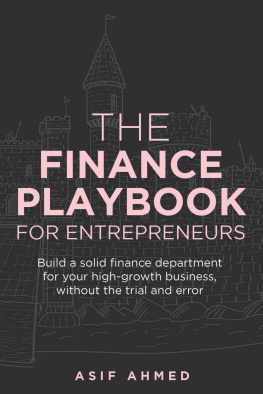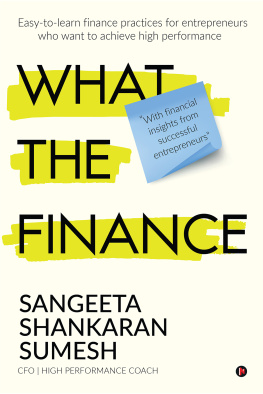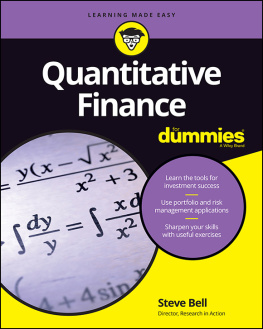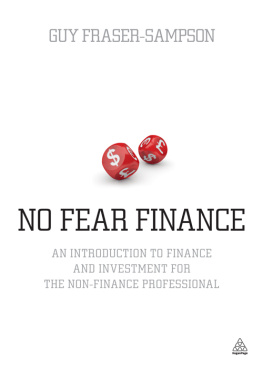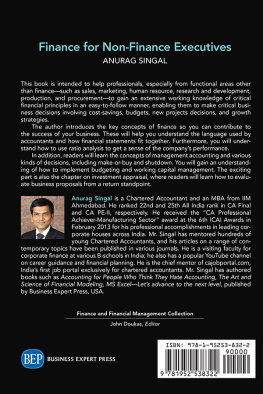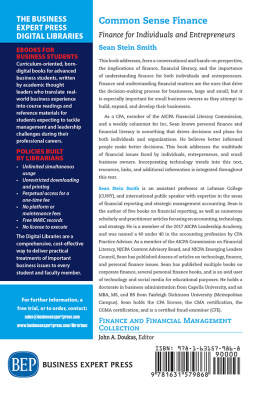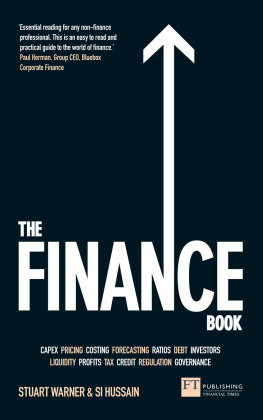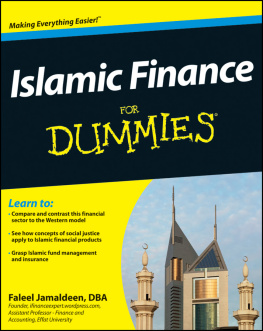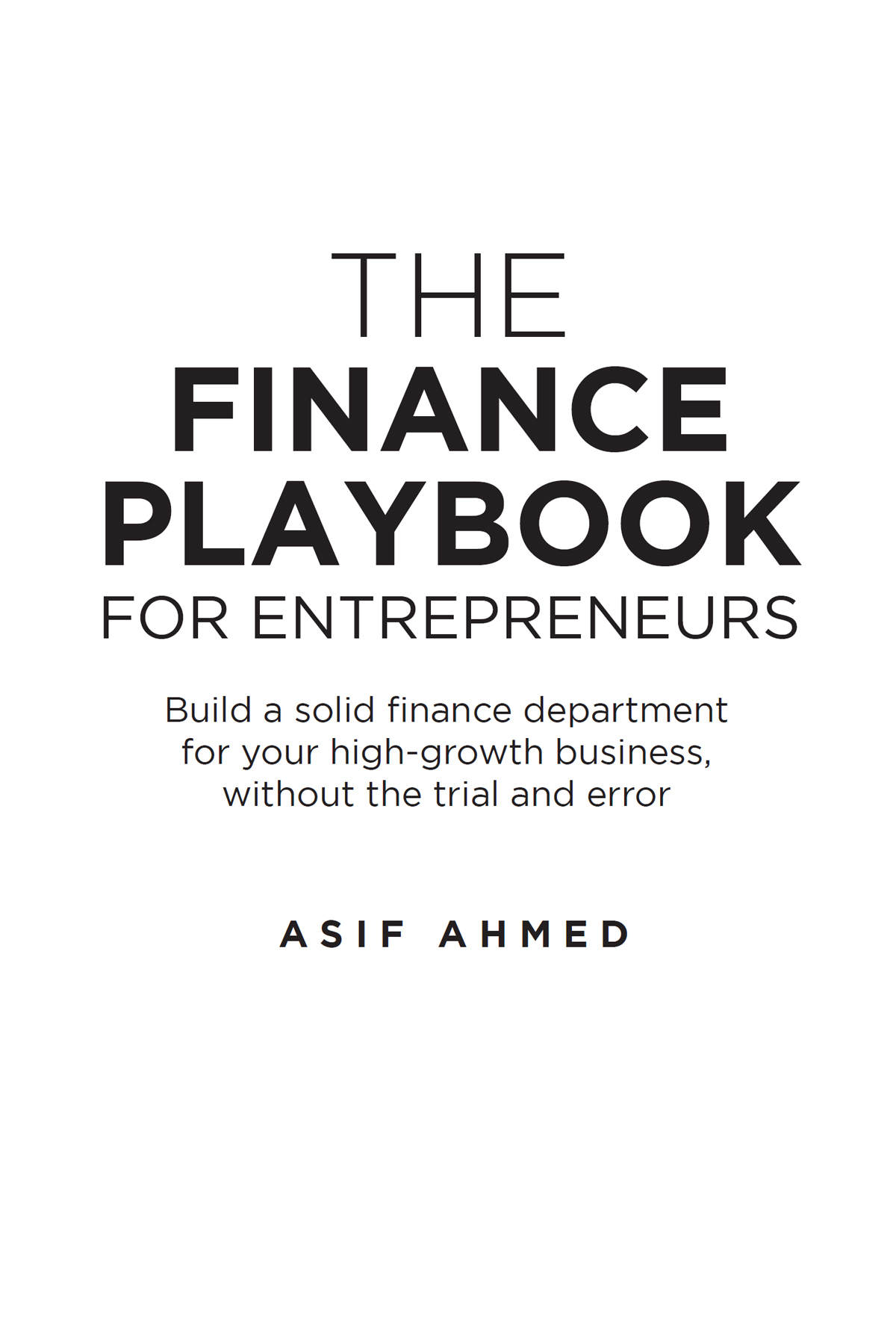

First published in Great Britain in 2021
by Rethink Press (www.rethinkpress.com)
Copyright Asif Ahmed
All rights reserved. No part of this publication may be reproduced, stored in or introduced into a retrieval system, or transmitted, in any form, or by any means (electronic, mechanical, photocopying, recording or otherwise) without the prior written permission of the publisher.
The right of Asif Ahmed to be identified as the author of this work has been asserted by him in accordance with the Copyright, Designs and Patents Act 1988.
This book is sold subject to the condition that it shall not, by way of trade or otherwise, be lent, resold, hired out, or otherwise circulated without the publishers prior consent in any form of binding or cover other than that in which it is published and without a similar condition including this condition being imposed on the subsequent purchaser.
Disclaimer
The content of this book is for information only. It does not and is not intended to constitute financial advice. You should undertake your own research and analysis, and take independent financial advice from a professional, before making any decisions or investments, based on your personal circumstances. Neither Rethink Press nor the author can be held liable in respect of any damage, expense, other loss or adverse effects you may suffer as a consequence of relying on the information provided in this book.
Contents
Introduction
S uccess in entrepreneurship is a unique concoction of luck, hard work and perseverance probably in that order. In the game that is roughly 66.6% a function of your decisions, how you execute your job becomes acutely more significant. Think about stacking building blocks: the potential of the whole tower depends on the durability of block one. How it looks, what its made of, how its positioned and how well it can sustain bad weather. As the structure grows, so does the dependence on that solitary block. For early-stage businesses, that first block is simply how it structures its finance department. Simple is not the same as easy but in this context refers to habits and processes that look straightforward after they have been explained.
As an entrepreneur, its wise to recognise that your most valuable lessons will come from getting things wrong. There are no free lunches and frankly no one understands all the problems you are likely to face. As time passes, more and more characters will join your journey and become dependent on your success whether its employees, family and friends or simply your own nagging conscience.
You will be doing and learning at the same time, with the pressure and the stakes relentlessly building alongside you. This has been glamourised by the use of the Ray Bradbury imagery of jumping off a cliff and building your wings on the way down. While this is largely true and necessary, some paths such as finance are well trodden. Why waste time figuring it out when the fundamentals are static? Maybe because there dont seem to be any obvious resources. No one has yet rounded up all the best practices and presented them in a digestible format. Gather ten entrepreneurs in the same room and they will have completely different perspectives on business structures, software, taxes and processes. They will always be a result of what they have seen as well as the lessons of the accountant or lawyer they are using at the time.
Everyone has a different opinion because (a) every situation is different and therefore requires a different solution and (b) no one solution will be correct forever and therefore requires constant review. This is why you should never try to copy what your successful friends have done because it probably wont work for you. The only answer is to educate yourself with the basics of technical concepts that never change and arm yourself to ask the right questions for your circumstances. This is a problem that cannot be solved by simply paying for more expensive advisers; they will simply charge you more for the wrong answer. I have met countless entrepreneurs who paid eye-watering fees for advice that was fundamentally inappropriate for the business they were trying to create.
I know this because I was an accidental entrepreneur at the age of twenty-three, when my ailing father was no longer able to look after his small accountancy practice. I was a trainee accountant at PricewaterhouseCoopers, completely ill-equipped professionally and mentally to advise other companies, let alone small companies that needed hands-on support. In trying to salvage a deteriorating business as well as support my family, I chose to focus on the only thing I could: processes. Spotting inefficiencies and providing structure around them to make them fall away, I chose to align myself with the nascent start-up community, many of whom were my friends. In 2008 there were very few cost-effective tools available to help with understanding simple things such as book-keeping, software, taxes all things I could have a large impact on with the benefit of a wide portfolio of companies.
Over the last twelve years, not only has this community grown but so have we as a firm. We have gone on to become leading advisers to high-growth early-stage businesses. My success as an accountant, adviser and leader is bittersweet because I know my father worked hard and chased similar goals to what I have achieved today. Knowing my dad, he would have been working 8am8pm to this day. At the same time, I wonder how he would have coped with how the world, technology and entrepreneurship have evolved over the last ten to fifteen years. My guess is he would have struggled and held onto his strong foundations as a thoroughbred traditionalist to the point of making himself obsolete. What might that say about some of his contemporaries who continue in practice today?
Setting up your finances, finance department and processes has historically been an operational afterthought, delegated to a numbers person. The teammate who usually prefers a spreadsheet to a normal conversation. Every entrepreneur aspires to get this right but a combination of other priorities results in finance often becoming the problem child of a growing organisation. What ensues is procrastination, heading towards a rude awakening when the company is forced to buckle up via some sort of due diligence process. By then, the founders are likely to have already experienced embarrassment, compromised their chances of successfully completing that transaction and are at short notice compelled to communicate new ways of working across the organisation. No fun and, frankly, no point.
We live in an age where being ahead of the expectation is the expectation, although the narrative in the finance world remains so scattered, fragmented and confusing that a company legitimately at the cutting edge of providing algorithmic artificial intelligence solutions is unable to draw up a basic P&L (profit and loss) of its performance. How did that happen?
Clearly the problem doesnt lie in the capabilities of the entrepreneur, as I can assure you that writing code is infinitely more difficult than reconciling bank statements. So then what options does that leave you with as a founder? How can you cut through the noise and take confidence in your finance department living up to the standards of the rest of the organisation? My aim is to help you understand where you have been misadvised, where it was your own fault and what you should do moving forwards.
Type A hyper-achieving entrepreneurs use this field of work as a secret weapon. A scaffolding upon which they build their empire, a competitive advantage that quietly serves the entire organisation. But whether they were lucky to have spoken to the right people or simply earned the edge through trial and error doesnt matter they have what you dont.
Next page
